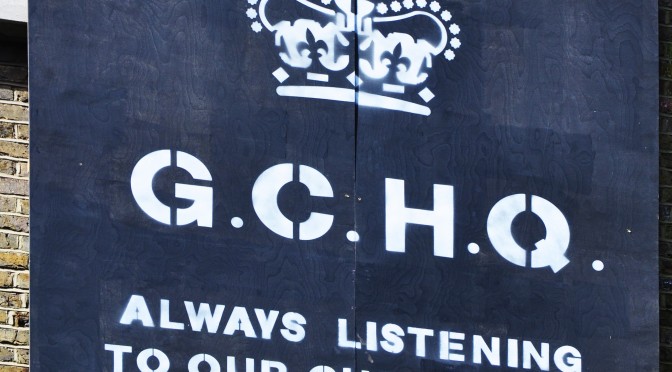Often, when opposing state surveillance such as that revealed by Ed Snowden, activists are questioned why they use online services that actively collect data about them. There is one core reason why this comparison is unhelpful and irrelevant.
“You are the product” goes the saying, which is true. Companies like Google and Facebook collect streams of data about who we are and what we do. Some have called this “self-surveillance”.
When we “self-surveil” and grant companies the ability to use – and sell – our data, we expect – and get – something back. We get a service. We pay a small privacy price (largely inconsequential, I’d argue) in exchange for a service.
On the other hand, the state demands we let them take our data. They chose warrant-less mass-collection over targeting, leaving us in the dark about what they’re collecting. We get nothing in return – there is yet to be a convincing case, backed up with evidence, that the mass surveillance of the citizenry in any way makes us safer.
There is one, undeniably crucial difference however.
The state has the power to use that data against us in a devastating way.
We can be detained, without charge, for fourteen days – the longest pre-charge detention period of any comparable democracy. Previously this limit was 28 days, and there was an attempt to raise it to 90 – that’s 3 whole months of being locked up for being a suspect.
Outside of detention, the state has the power to severely limit our activities with only “suspicion” as a reason, destroying the presumption of innocence until proven guilty.
I don’t see any social networks able to limit my civil liberties…
Image: CC-BY-SA George Rex

Leave a Reply